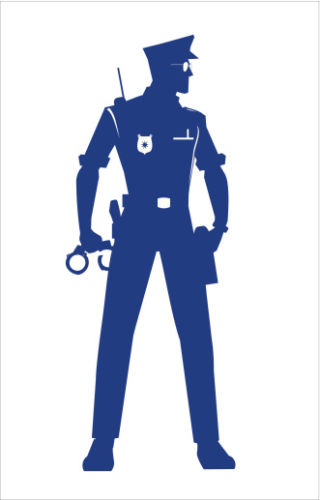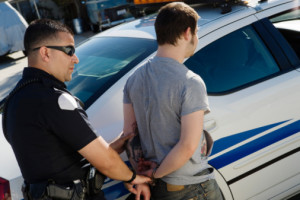Free Consultation
Available 24/7 for Immediate Help
(614) 263-5297

There have been some memorable false arrests over the decades. In fact, let’s take a trip down memory lane, and recall an unexpected one that hit the news wires in 1970, about 45 years ago. Jane Fonda was arrested for allegedly trying to smuggle a cache of pills through a Cleveland airport. U.S. Customs agents had searched her bags and thought they found a combination of a large amount of pills: Valium, tranquilizers, and diet pills. She was 32 at the time and booked in the Cuyahoga County Sheriff’s Office. The drug smuggling charge was dropped, and she was released from custody. Apparently, she was carrying vitamins that were labelled “B,” “I,” and “D” for “breakfast,” “lunch,” and “dinner,” which triggered suspicion. Fonda was a well-known political activist, and she had actually just been returning from an anti-Vietnam speech she had given, one on a nation-wide tour, when this incident occurred.
The actress was probably rather irritated, and as she was being released from custody, she allegedly kicked a police officer on her way out. You can guess what happened next: she was taken back into custody for the alleged kicking. That charge too was later dropped. Fonda argued that she was falsely arrested.
Jane Fonda is no shrinking violet. In fact, nearly 40 years after the series of false arrests, at age 71, she was spotted in Hollywood proudly – and still defiantly – wearing a shirt with a picture of her famous clenched-fist mugshot. Fonda commented on her blog that when she had tried to explain what the drugs were, that the police said they were under orders from the Nixon White House. She speculated that this was an effort to undermine her respectability and stamp out the college speeches and protests.
 In order to arrest someone and deprive them of their freedom, a police officer needs to have a legal justification to do so. This comes in the form of probable cause, when a police officer reasonably believes that more likely than not, a crime has been committed. Probable cause is necessary to justifiably deprive a person of their liberty, to detain them. However, this rule does not play out so cleanly in practice.
In order to arrest someone and deprive them of their freedom, a police officer needs to have a legal justification to do so. This comes in the form of probable cause, when a police officer reasonably believes that more likely than not, a crime has been committed. Probable cause is necessary to justifiably deprive a person of their liberty, to detain them. However, this rule does not play out so cleanly in practice.
False arrests, also known as false imprisonment, are when there is no legal justification for the detention, and it must be that the officer knew or should have known that there was no legal justification for the detention. This means that they were acting outside the scope of their duties.
False arrest can be the basis of a civil tort against law enforcement. The harm can be damage to reputation, emotional damage, or physical damage.
If you get arrested, and you believe it is unjustified, then the very best thing you can do is go quietly — both literally and figuratively. Don't talk to the police. You have no obligation to do so. Don't exclaim about how they are wrong, how unfair it is, and talk about your side of the story. Don't go fighting, and don't resist. Save it for your attorney and for the courtroom. Anything that you say or do can be held against you in a court of law, and it will: remember that. Also take the situation as a whole seriously. Just because you were released does not mean you don't need to show up for the arraignment. If you have a court date, you need to show up, or you will face consequences.
It’s actually rather sad that things have not changed much since the time Fonda was falsely arrested. People get falsely arrested all the time. It’s only recently become more of an issue with the news media shining a spotlight on the some of the turmoil between police officer-public relations around the country.
If you have been falsely arrested, think about who you would be taking on. You are taking on the state. The police have resources to draw from to defend themselves. You need a strong advocate to be your sword and shield.
Learn more from Wolfe Legal Services about what to do if you've been arrested:
© 2026 Wolfe Legal Services
View Our Terms & Conditions | Privacy Policy
Website Maintained and Hosted by Adamedia & Adam The Computer Guy